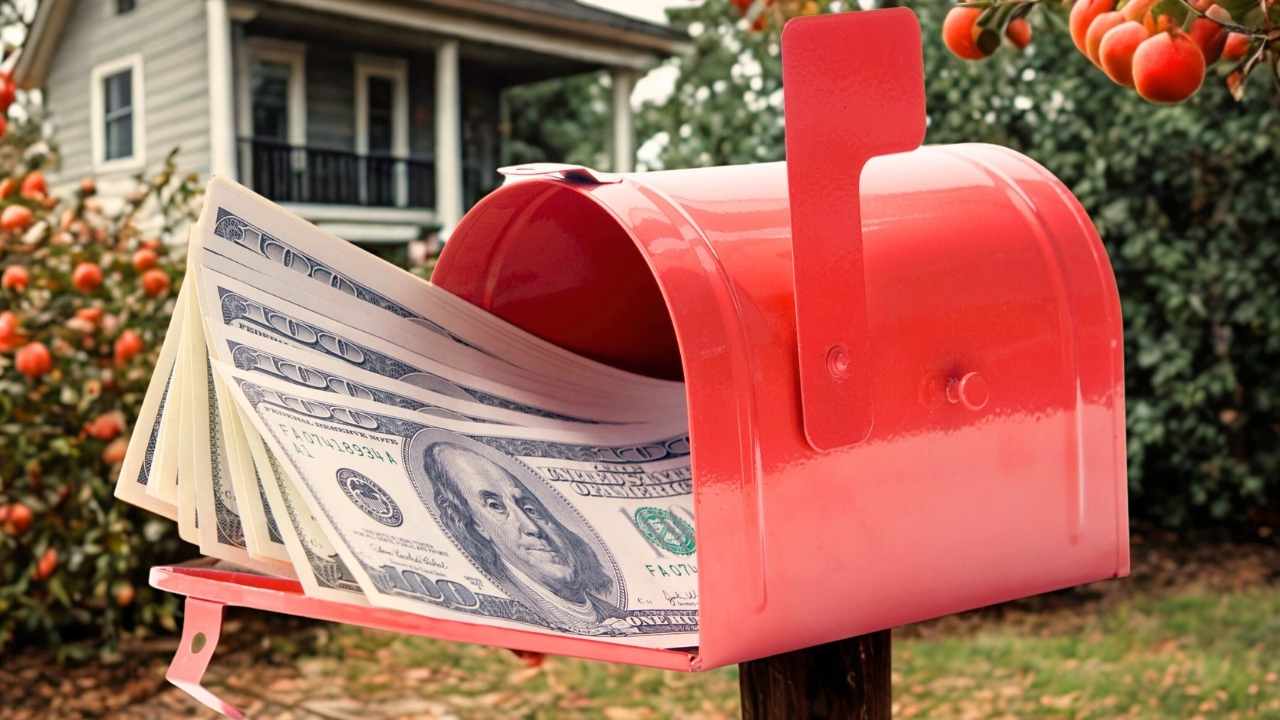More than $773 million in excess tax refunds have been distributed to Georgia taxpayers since disbursements began on June 2, and continue to this day.
This figure represents more than 64% of the total $1.2 billion allocated for this purpose within the current state budget. Payments continue to be processed weekly by the Georgia Department of Revenue.
How to find your tax refunds: the trick to finding your money
Residents who opted to receive their refund via direct deposit should look for a transaction identified as “GAS-T TAX RFD” on their bank statements, short for “Georgia State Tax Refund.”
The exact amount received by each taxpayer varies depending on their reported marital status (single, married filing jointly, or head of household) and the existence of any outstanding debts with state agencies that could affect the net refund.
Checking the status of your refund is very easy
To check the status of their excess refund, taxpayers should access the official Georgia Department of Revenue website. There, they should locate and select the “Excess Refund Checker” option.
Two specific pieces of information will be required: the taxpayer’s Social Security number (SSN) and the adjusted gross income as shown on the most recently filed state tax return.
The department also offers the option of inquiries by phone, although its website explicitly warns that customer service centers experience a “very high call volume” during this time of year, which could result in long wait times. Therefore, using the online system is strongly recommended whenever possible: it’s easier, faster, and you can do it in your own time.
The information available through the Surplus Refund Checker is updated daily, the Department of Revenue has confirmed. This allows taxpayers to obtain relatively up-to-date information on the processing status of their individual payment.
Official refund amounts by filing status:
-
Single or Married Filing Separately: $250
-
Head of Household: $375
-
Married Filing Jointly: $500
You may have unclaimed property
While visiting the Department of Revenue’s website to track your tax refund, you can take the opportunity to check if you have any unclaimed property registered in your name in the state system.
This concept encompasses a variety of financial assets that may rightfully belong to an individual but to which they have not accessed them, such as outstanding balances in utility company accounts, unclaimed deposits from mobile phone providers, uncollected dividends, or funds in dormant bank accounts.
You can find all of this directly on the department’s website. Filing a valid claim for these funds is extremely simple, and the turnaround time can take just a few weeks. The portal includes a link to a multi-jurisdictional database, allowing users who have resided in other states to search for unclaimed property in records nationwide.




